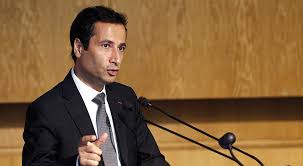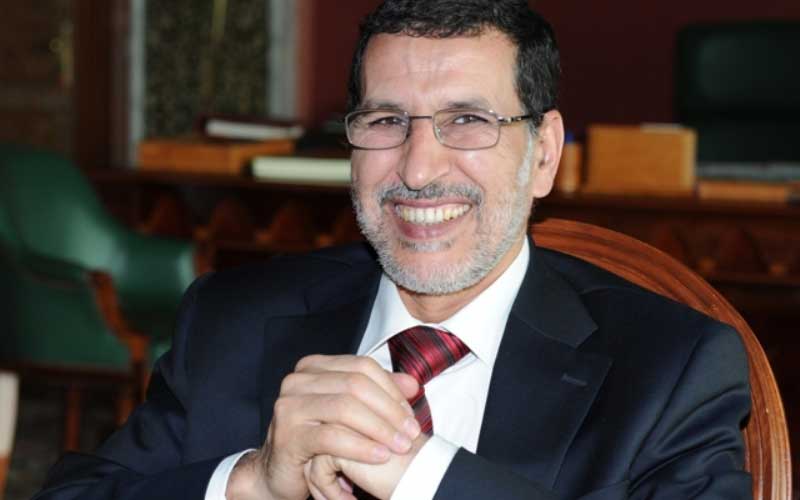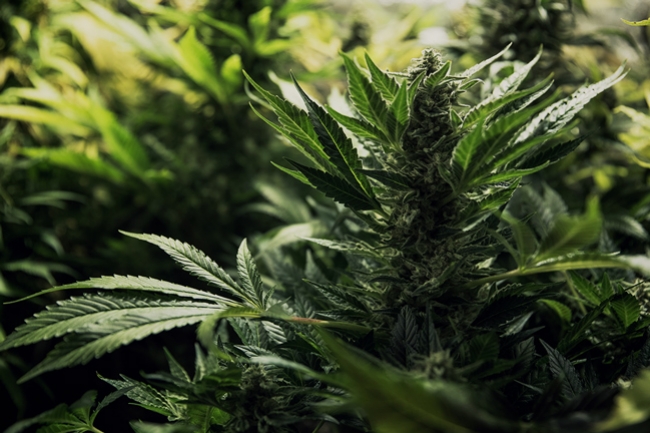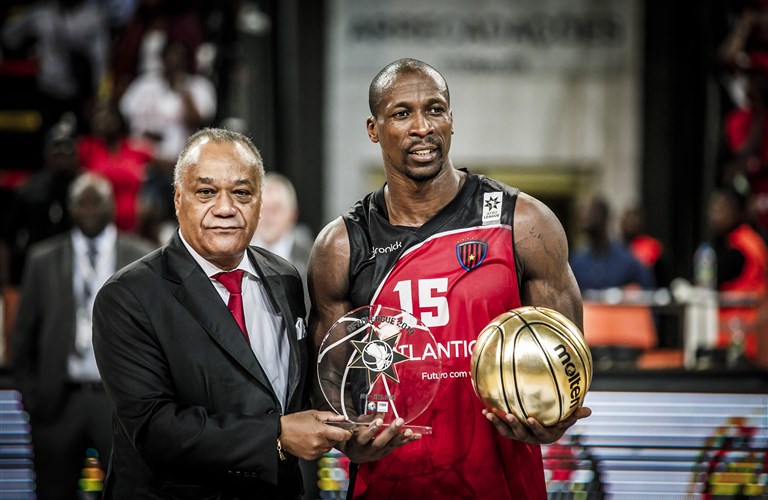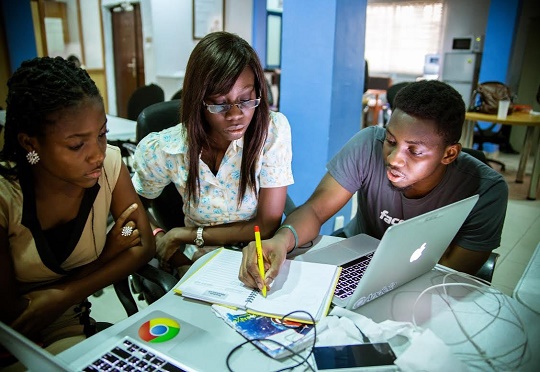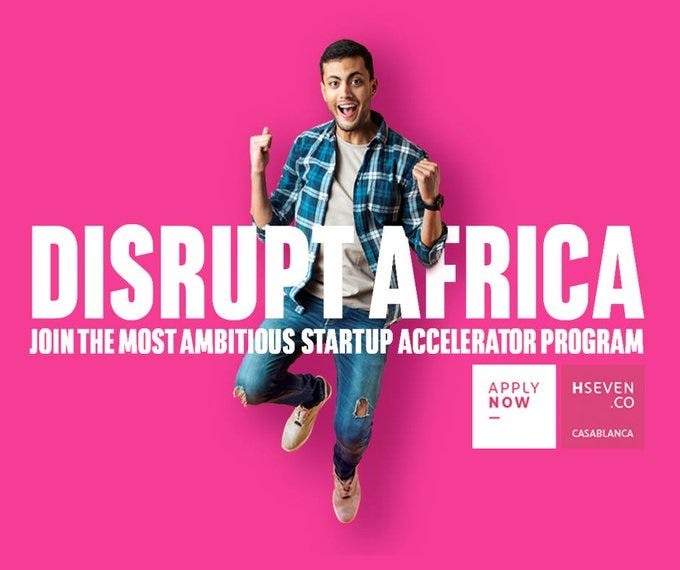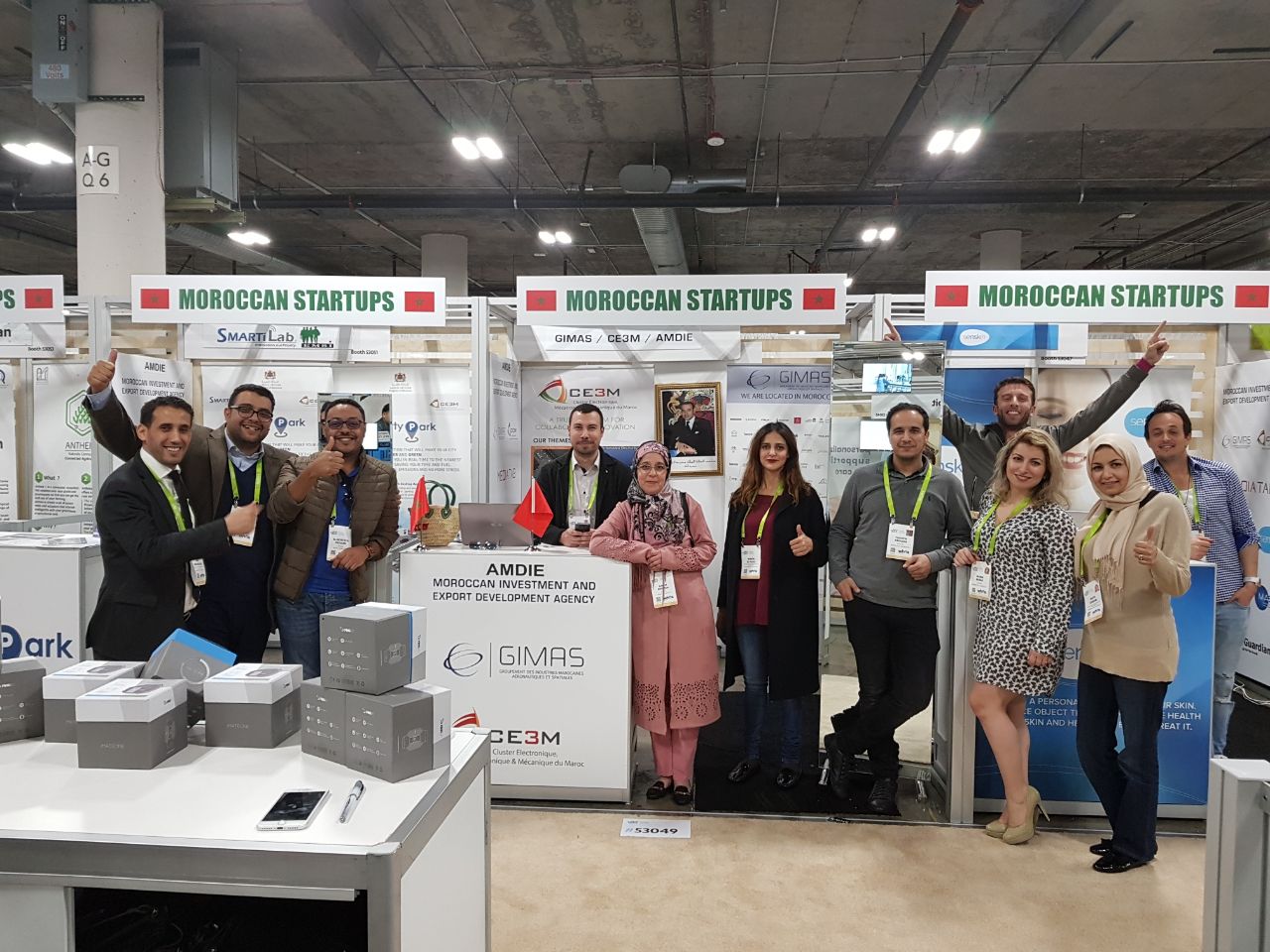Morocco Launches Tarwir — Startup, To Cover 30% Of The Investment Needs Of Selected Startups
Morocco has been making waves in North Africa when it comes to startup development in recent times. Apart from recently passing into law a bill that will allow startups in the country raise funds from the public, the country has just launched another initiative called “Tatwir — Startup” to support startups working towards the industrialisation of the north African country. Launched in Rabat by Moulay Hafid Elalamy, the country’s Minister of Industry, Trade and Green and Digital Economy, “Tatwir — Startup is part of the deployment of the Industrial Recovery Plan 2021–2023 which, among other things, aims to develop innovative, industrial and high value-added service projects led by startups.

Read also:Kenyan Logistics Startup Amitruck Secures Pre-seed Funding Round
Here Is What You Need To Know
- The initiative has already taken effect, and will be executed through a partnership between the Minister of Industry, Trade and Green and Digital Economy, the National Agency for the Promotion of Small and Medium Enterprises (Morocco SME Agency) and Federation of the Startup Ecosystem of Morocco (MSEC).
- The “Tatwir — Startup” initiative, designed by Agence Maroc PME and the MSEC, will offer intensive support for startup projects ranging from idea to industrialization through the various phases of development and incubation.
- Particularly, the initiative will cover the following areas:
Pre-incubation
This stage will include the selection of innovative ideas. It will assist through structuring of their ideas and will be accomplished through dedicated workshops organized by the incubators. The objective of this phase is to support 5,000 startup project leaders over a period of 3 years.
Incubation
This stage will support startups project leaders to transform their ideas into viable projects. This support will continue until the startups fully take off. The objective of this phase is to support 300 startup project leaders over a period of 3 years.
Investment
Under this phase, the partnership will ensure that it covers 30% of the tangible and intangible investment needs of the selected startups.
How To Get Started
Interested startup project leaders are invited to complete the online application form available at the following address: Tatwir-Startup — Maroc PME registration form.
Charles Rapulu Udoh

Charles Rapulu Udoh is a Lagos-based lawyer who has advised startups across Africa on issues such as startup funding (Venture Capital, Debt financing, private equity, angel investing etc), taxation, strategies, etc. He also has special focus on the protection of business or brands’ intellectual property rights ( such as trademark, patent or design) across Africa and other foreign jurisdictions.
He is well versed on issues of ESG (sustainability), media and entertainment law, corporate finance and governance.
He is also an award-winning writer
Tatwir — Startup Morocco Tatwir — Startup Morocco


